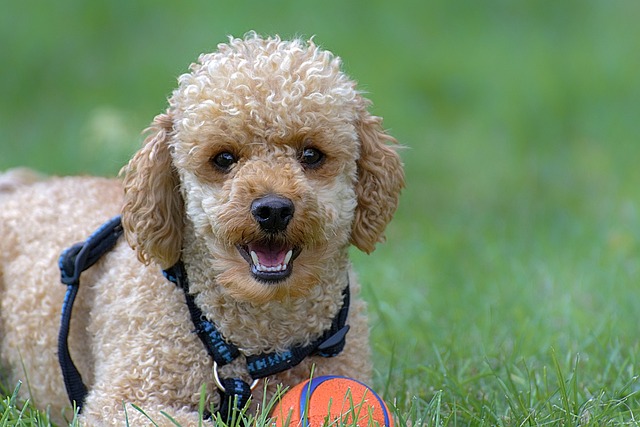
How do i train my dog to be obedient?
Watching your dog dart across the park ignoring your calls isn’t just frustrating—it can put them at risk near busy streets or public spaces.
That first wiggly car ride home with your new puppy is pure magic – until you realize they just peed on your passenger seat and you have no supplies. Suddenly, you’re drowning in Google searches while your shoes become chew toys. Take a breath. Let’s talk new puppy essentials that transform panic into preparedness, tailored for modern pet parenting.
Biologically, puppies experience the world through their mouths and paws during their critical 8-16 week socialization window. Their developing brains need secure foundations, starting with a properly sized crate. Think of it as a den, not a cage – studies show crate-trained pups adjust better to apartment living, reducing separation anxiety when you grab groceries. Skip flimsy plastic models; invest in chew-proof metal crates like MidWest Homes’ designs. Pair this with enzyme cleaner (Nature’s Miracle is a lifesaver for rug emergencies) and AAFCO-approved food. Large breeds like Goldendoodles need calcium-controlled kibble to prevent joint damage, while tiny Chihuahuas require small-bite formulas.

Your first-week survival kit revolves around five non-negotiables: a buckle collar with engraved ID tags (legally required in 43 states), a 6-foot leash, stainless steel bowls to prevent bacterial buildup, high-value training treats like Zuke’s Minis, and chew toys. That last one’s crucial – redirect teething pain onto a frozen Kong smeared with peanut butter instead of your furniture. For midnight whimpers, try a Snuggle Puppy toy with a heartbeat simulator; Seattle rescue volunteers swear it cuts first-night crying by half.
Here’s where puppy supplies meet real-world rules. In the U.S., skipping vaccines isn’t just dangerous – it’s illegal. States like Texas require rabies shots by 16 weeks, and distemper/parvo vaccines are mandatory for dog park access. Always carry compostable poop bags (Tie Not Waste bags dissolve in 90 days) – yes, even in your backyard. Giardia parasites spread through feces, and fines in cities like Chicago hit $500 for uncollected waste. Culturally, positive reinforcement tools trump outdated methods. Ditch rolled newspapers or shock collars; instead, use clickers or treat pouches. As San Diego trainer Maria Gomez reminds clients: "Punishing a teething puppy is like scolding a baby for drooling – they’re biologically wired to chew."
Apartment dwellers face unique challenges. Combat noise complaints with soundproofing mats under crates and "quiet" command training – reward silence immediately when sirens pass. High-rise pups benefit from Porch Potty systems on balconies for midnight emergencies, but transition to street walks quickly to avoid confusion. Master "leave it" for sidewalk chicken bones and "heel" for crowded elevators. In dog-friendly spaces like Austin’s Zilker Park, a puppy who doesn’t jump on strangers earns you community goodwill.
Remember your most vital tool: patience. Pee accidents? Normal. Dismantled couch cushions? Classic. Stay consistent with schedules and celebrate tiny wins. When that fuzzy face finally sits calmly at your feet instead of eating your charger, you’ll know you’ve nailed the true puppy must-haves – trust, grace, and endless lint rollers.

Watching your dog dart across the park ignoring your calls isn’t just frustrating—it can put them at risk near busy streets or public spaces.

New puppy owners often find themselves rushing to clean up accidents before they set in, and that’s where puppy pad training becomes a game-changer.

If you've noticed your dog's waistline disappearing and your veterinarian has mentioned those few extra pounds, your first instinct might be to simply reduce the amount of food in their bowl.

Training a dog to use a designated spot indoors isn’t as daunting as many new owners fear, but it does take consistency and an understanding of your pet’s needs.

That moment of dread on a walk is all too familiar for many new dog owners. You see another dog approaching down the sidewalk of your neighborhood

If the sight of another dog on your neighborhood walk makes your heart sink as your own dog erupts into a frenzy of barking and lunging, you're not alone.